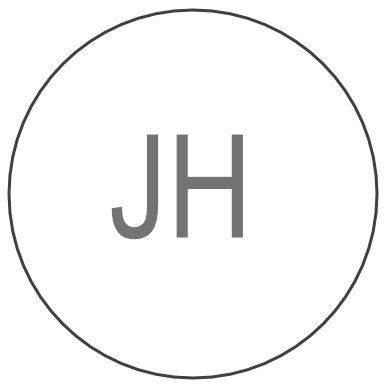
Addiction Counselling Getting help
Addiction refers to a difficulty in controlling certain repetitive behaviours to the extent that they have harmful consequences. They are the result of powerful compulsions to use and do certain things excessively, often out of a need to escape from upsetting emotions or situations. These compulsions can trigger a self-perpetuating process, which can cause pain and suffering not only for those with the problem, but for their loved ones too.
What is the difference between habit and addiction?
Spotting the signs of an addiction
Addictions can develop from what may be seen as fairly innocent, or at least common social habits. Drinking alcohol, gambling, eating, having sex and using the internet can all turn from what is considered a common activity, to a darker, more destructive compulsion.
Addictions may come from the way these activities and habits make people feel, both emotionally and physically. They can be pleasurable - a form of escapism for someone who perhaps is going through a difficult time. But this moment of pleasure can trigger a powerful need to continue the habit or activity, over and over, in order to feel that way again.
In many cases, people with addictions are not aware of the problem, nor are they aware of the impact it is having on their lives, or on the lives of those around them. If the addiction has come from a Trauma - perhaps a past event, an accident or a mental health issue, they may be unable to break out of the addiction on their own, and more support will be needed.
For many, it’s not as easy as stopping the habit. Addiction recovery takes time, patience and a lot of support from loved ones. The person will need to take the steps to understand what may have caused the addiction and learn how to not only overcome it but manage their feelings for the future.



